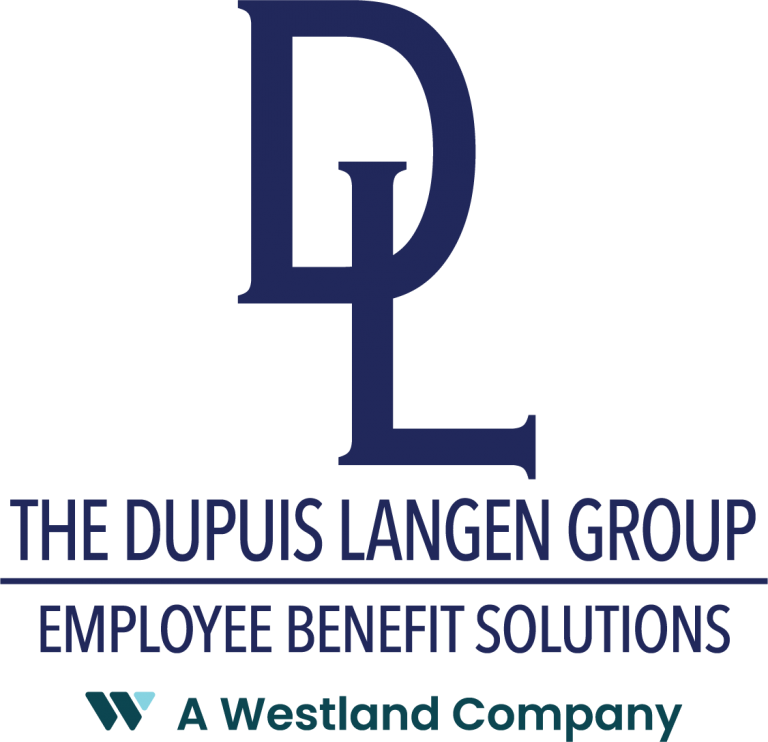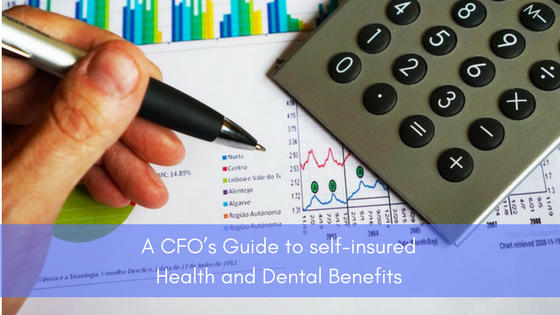The Basics: Self-Insured is often called Administrations Services Only (ASO). The insurer basically is providing administrative services of paying claims. The cost of those claims plus the administration fee is the employer’s responsibility.
The Intermediate: If you have bad claims and are insured, your premiums will go way up. Insurers like to say you are protected, but I have yet to see 1 insurance company that won’t dramatically increase your rates when your claims go up. At best, they delay the increases a little bit.
The Advanced: If you can’t afford the risk of ASO, you can’t afford to be insured either!
There is a lot of noise around ASO and the risks involved. I will start out by saying that ASO is not for everyone, but it should be. From a mathematical perspective, ASO is considerably less expensive because you are not paying for “risk” charges and lofty trend factors. It’s that simple.
I have a real example for you. A few weeks ago, I met with a 30 employee firm that was kind enough to give me their renewal to review. Last year the insurer charged the client $30,000 in premium for dental, and the employees claimed $27,000. By the time you add ASO charges, the client would have paid more for ASO than with their current insured program. Sounds like ASO is a bad move, right? WRONG.
You are falling into what I call the “Casino trap” of benefits. I have never been to Vegas, but I love hearing stories from friends saying they hit the “jackpot”. They won big at blackjack, poker, slots, etc. but here’s the deal: when you hit the jackpot you don’t quit your job and move to Vegas. One Jackpot won’t suffice for the rest of your life. Vegas is much like employee benefits, you feel good doing it, but there are very, very few that come out on top financially each year.
Now, to be clear I am only talking about health and dental benefit that are treated more like a cash flow by insurers, than insurance.
Yes, this client would have lost $1,000 on their dental plan this one year. However, over the two previous years, they would have saved a whopping $16,000. So is the risk of losing $1,000 one year to gaining $16,000 over the past two years’ worth it? I am not a fan of gambling, but I’d make take that bet every day. One more thing to keep in mind as well is that the insurer is charging this client $40,000 next year to pay $27,000 in claims! I don’t know about you, but that additional charge makes this ‘jackpot’ of savings seem a lot less exciting.
Finally, if someone is giving you all the reasons why you shouldn’t go ASO consider this last fact:
As an agent, I am paid a percentage of the premium for an insured plan and a percentage of claims for an ASO plan. If you pay me 6% of $60,000 of premium I make $3,600. If you pay me 6% of your $40,000 in claims I make 33% less at $2,400. That’s an OUCH for me! From a business perspective, would you give advice that would cut your income by 33%?
If you are getting all the anecdotal reasons why you shouldn’t go to ASO, please get in touch with me. I would be happy to show the measurable, logical, mathematical reasons why you should!!!
 Brian joined The Employee Benefits Division of Dupuis Langen Financial Management (1985) Ltd. in April 2017. He has specialized in employee benefits for 19 years and brings a wealth of experience and knowledge to the team. His history in self-funded plans, his analytical mind and his dedication to superior customer service make him a great addition. Contact Brian to customize an innovative and sustainable employee benefits program for your company!
Brian joined The Employee Benefits Division of Dupuis Langen Financial Management (1985) Ltd. in April 2017. He has specialized in employee benefits for 19 years and brings a wealth of experience and knowledge to the team. His history in self-funded plans, his analytical mind and his dedication to superior customer service make him a great addition. Contact Brian to customize an innovative and sustainable employee benefits program for your company!


